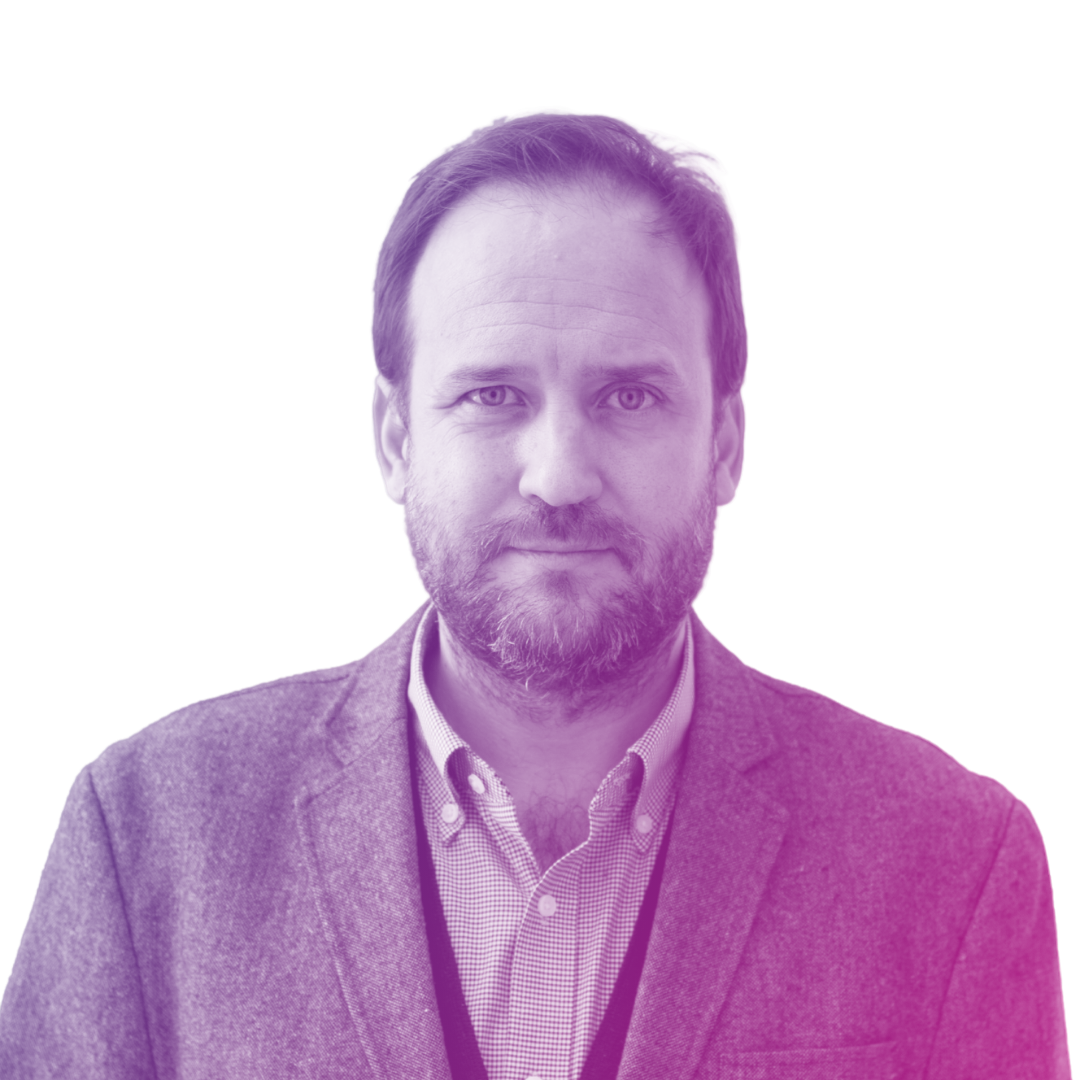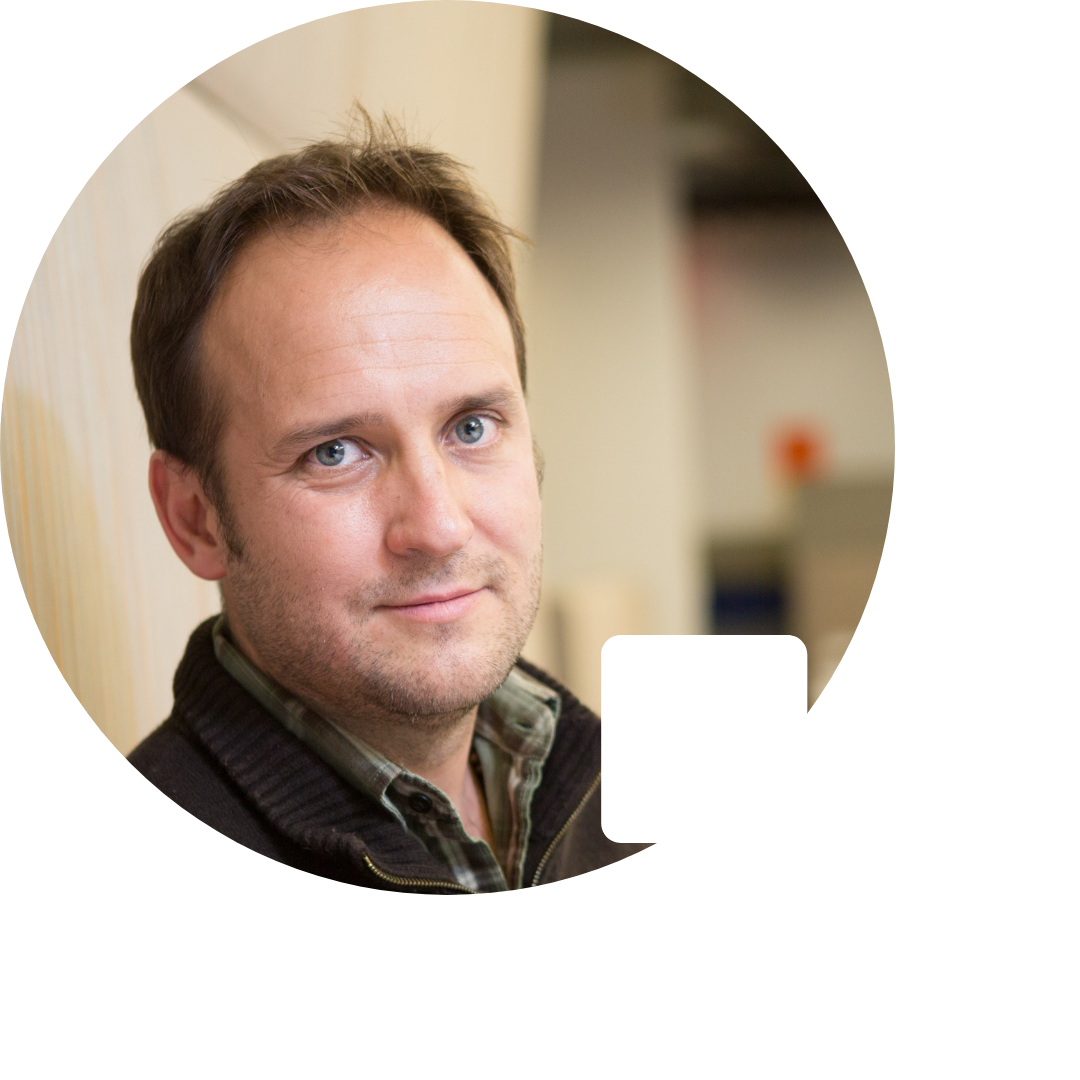
MEXICO
José Antonio Guevara Bermúdez
José Antonio Guevara Bermúdez is Co-Director of the Center for the Investigation of Atrocity Crimes in Mexico. Since 2015, he is a professor of international human rights and international criminal law at the Faculty of Law and Criminology, the Autonomous University of Tlaxcala. From 2014 to 2022, he was one of the five Members of the UN Human Rights Council’s (HRC) Working Group on Arbitrary Detention. José Antonio was also Member of the Coordination Committee of the Special Procedures of the HRC (2018-2019). He holds a law degree from the Universidad Iberoamericana, Mexico City, and a Ph.D. in human rights from the Carlos III University of Madrid, Spain.
VITA
José Antonio Guevara Bermúdez is Co-Director of the Center for the Investigation of Atrocity Crimes in Mexico. Since 2015, he is a professor of international human rights and international criminal law at the Faculty of Law and Criminology, the Autonomous University of Tlaxcala. From 2014 to 2022, he was one of the five Members of the UN Human Rights Council’s (HRC) Working Group on Arbitrary Detention. José Antonio was also Member of the Coordination Committee of the Special Procedures of the HRC (2018-2019). He holds a law degree from the Universidad Iberoamericana, Mexico City, and a Ph.D. in human rights from the Carlos III University of Madrid, Spain.
You were a civil servant and today a human rights lawyer, investigating shortcomings of Mexican law enforcement. How have you decided to do so?
I currently work in a civil society organization dealing with the existing impunity for atrocity crimes in Mexico. The numbers of heinous crimes committed in Mexico are scandalous, ranging from enforced disappearance to torture, violent and death. Among them, about six thousand cases are attributable to the Mexican Armed Forces. About 95% of the cases end up in impunity, because they are committed by both state security forces and criminal organizations, evident from the manner in which they are committed. Previously, I worked in academia and had the opportunity to be part of and later on Director of the Human Rights Program in the Iberoamericana University in Mexico City. I was also an official to the Secretary of Foreign Affairs in the Permanent Mission of Mexico to the United Nations. I then joined the Ministry of Interior Affairs as head of the Human Rights Unit, responsible for promotion of a national human rights policy. The difference between my current work and the previous ones is that, as a human rights activist or lawyer, one seeks that the authorities do their job according to some norms, usually influenced by international law and practices. However, what we want to do now is the actual work of investigation, which the prosecutors' offices in the country are not doing.
What motivated you to focus on investigation of atrocities?
I see the reasonable grounds to believe that crimes against humanity have been committed in Mexico. I am also convinced that the current context can be qualified as an armed conflict of a non-international character due to the intensity of the confrontations between the army and criminal organizations, and among criminal organizations. These criminal groups have a sufficient level of organisation or structure to qualify as armed groups under the law of war. That being said, many of the crimes that have been committed in Mexico from 2006 to date could also be qualified as war crimes. What adds to all these figures of horror is that, the crimes have not been investigated. The Office of the General Prosecutor does not investigate the crimes that it is responsible for, nor do the local prosecution offices. Therefore, together with a couple of colleagues, we created a new organization which seeks to document, identify evidence, preserve it, and eventually seek to prosecute those most responsible for these atrocities before the competent courts.

“I am going to use the space, where I was attacked and talk about the serious problems that the country is going through in terms of torture and crimes against humanity that are being committed”
How do you assess violence against human rights defenders in Mexico?
I think that the attacks on human rights defenders in Mexico have been increased in recent years. The smear campaigns have been very notorious, which is not something new, but they have been much stronger during Calderón's period and then during Peña Nieto's period. Now, with the government of Andrés Manuel López Obrador, we see the disqualification of the human rights movements in general. Not only journalists, but also lawyers are labelled as enemies of the regime and traitors to the country, because some of them represent the interests of organizations, who are putting the brakes on projects that are polluting the environment and thus violating human rights.
Could you please provide us some concrete examples of your daily work?
In some cases that we took before international bodies, we were looking not only to highlight the particular case, but also a pattern of crimes committed in Mexico. We also included individual cases that have been committed on a large scale, such as more than 90 proven cases of torture in Baja California, hundreds of cases of executions, arbitrary detentions, sexual violence, and murder in the state of Chihuahua. In such cases, the army was responsible in the context of the war on drugs in operations that were called Joint Operations. In 2014, we submitted the first communication on the systematic use of torture by the armed forces to the International Criminal Court (ICC) via civil society organizations. We had the opportunity to take the testimony of more than 95 victims and systematize them with other documents from the National Human Rights Commission, recommendations and press releases from the Secretary of National Defence itself on how they behaved when detaining alleged criminals and the way in which the whole state machinery functioned at that time. What we alleged and what I sustain is that, in Mexico torture forms part of the security policy where the institutions that lead it, like the Army and the Navy, have the authorization to arbitrarily detain people, and take them to Army barracks and torture them brutally. When people die as a result of torture, there is a practice of disappearing the bodies that can be identified and sending them to mass graves in the municipal cemeteries, for example, or to make clandestine graves and hide the corpses there.
Have you been confronted with any personal attacks?
Yes, an activist from the anti-kidnapping movement in coordination with officials of the Ministry of Foreign Affairs, the Ministry of National Defence, and other informal actors from the journalistic profession, began to stigmatize me and the organization I worked saying that, I had an interest in enriching myself through the reparations we obtained for the victims. Several journalists published very similar articles with the same basis of information, all of which lies and half-truths. For instance, they said that my organization and I became rich from the reparations we received for a case in the Inter-American Court of Human Rights. However, we could show the journalists that the reparations had been a derisory amount of expenses and costs for the organizations representing the victims for a period of litigation that has taken more than nine years in the Inter-American system. Then some journalists apologized and acknowledged that these people, some public officials, and these anti-kidnapping activists had given them clearly false information.
What are the main challenges for human rights lawyers in Mexico?
I believe that in the Mexican context the main challenge is to make the president stop the verbal attacks against human rights defenders and against lawyers who represent victims of human rights defenders. His words to disqualify and to speak of the human rights lawyers as intermediaries mean that the institutions that should have a dialogue with human rights lawyers to guarantee the rights of the victims, avoid any cooperation with them. Thus, it is very difficult to work with the current government. This also translates into a policy of the Attorney General's Office of the Republic, where the dialogue with the lawyers representing the victims has been limited. Therefore, victims and their lawyers have had to resort to litigation in order to ensure that above the institution carries out criminal investigations through the courts.
What is your message for lawyers fighting impunity?
Well, my message would be that every time you receive some kind of smear attack, take advantage of the opportunities and talk about the causes you represent, because what they are looking for with these smear campaigns is to distract us from our mission. This is what I personally did. When they attacked me, I said I am not going to defend myself publicly against these unfounded allegations. I am going to use the space, where I was attacked and talk about the serious problems that the country is going through in terms of torture and crimes against humanity that are being committed by the Mexican Armed Forces in the context of the war on drugs.
Mexico
